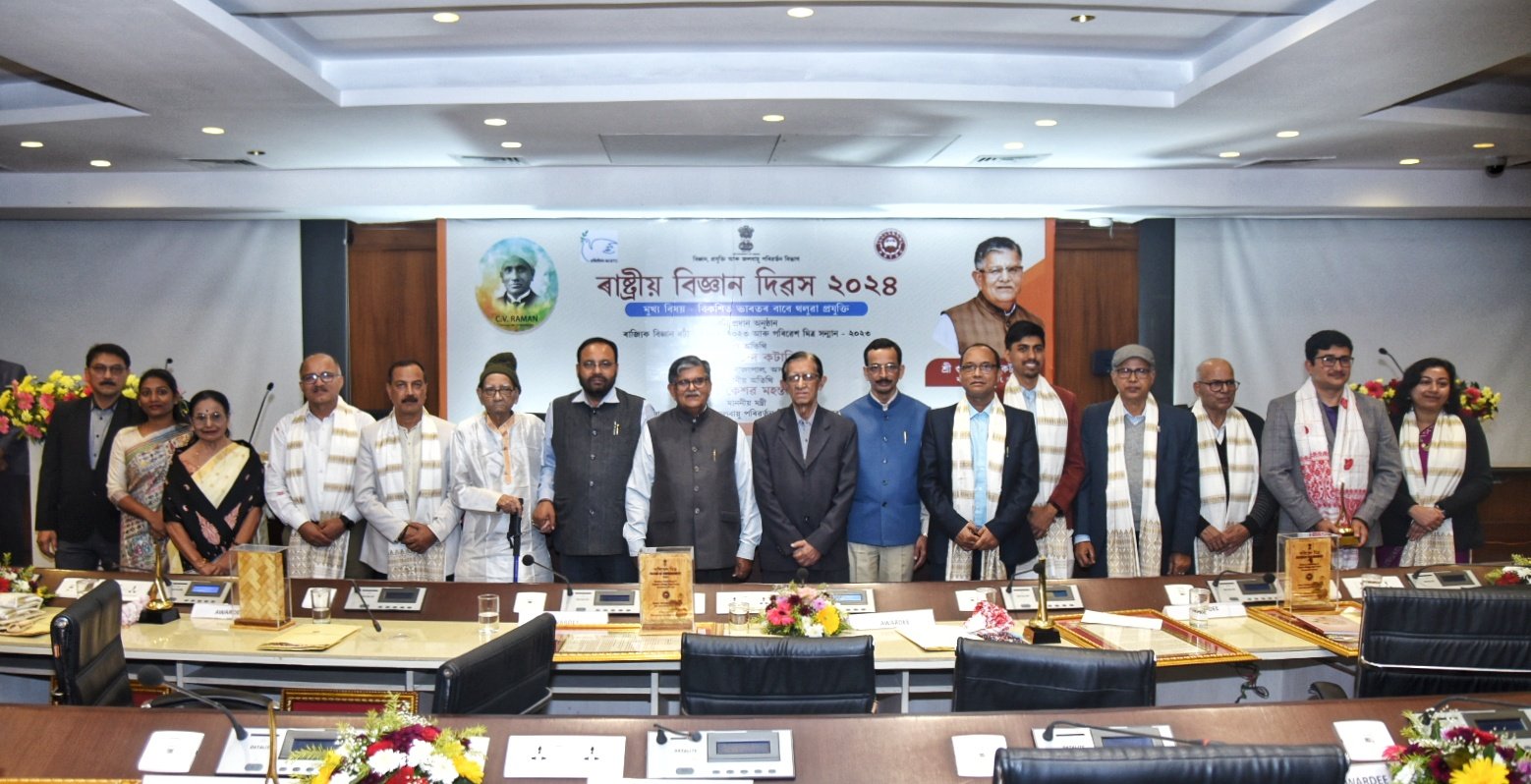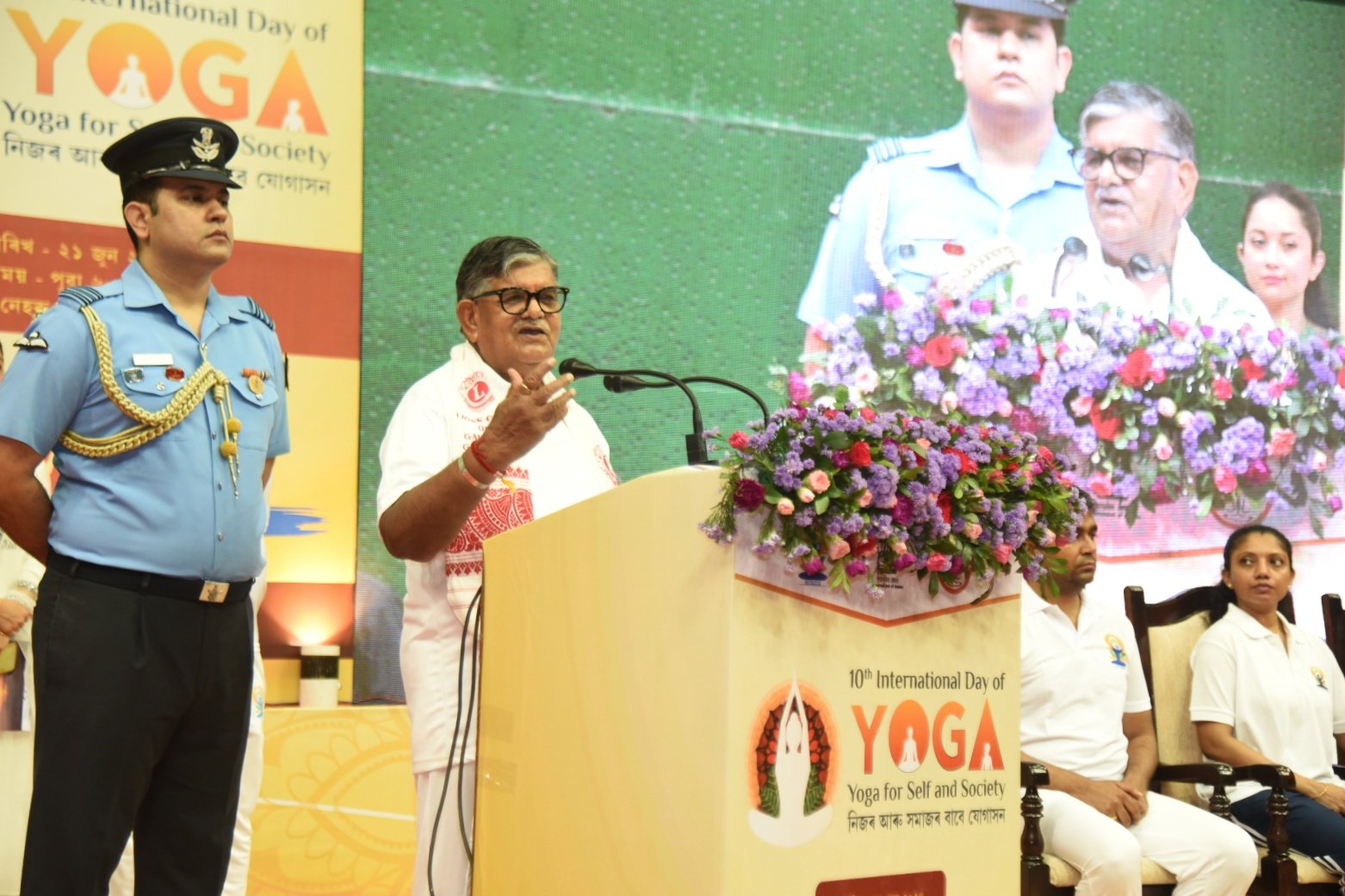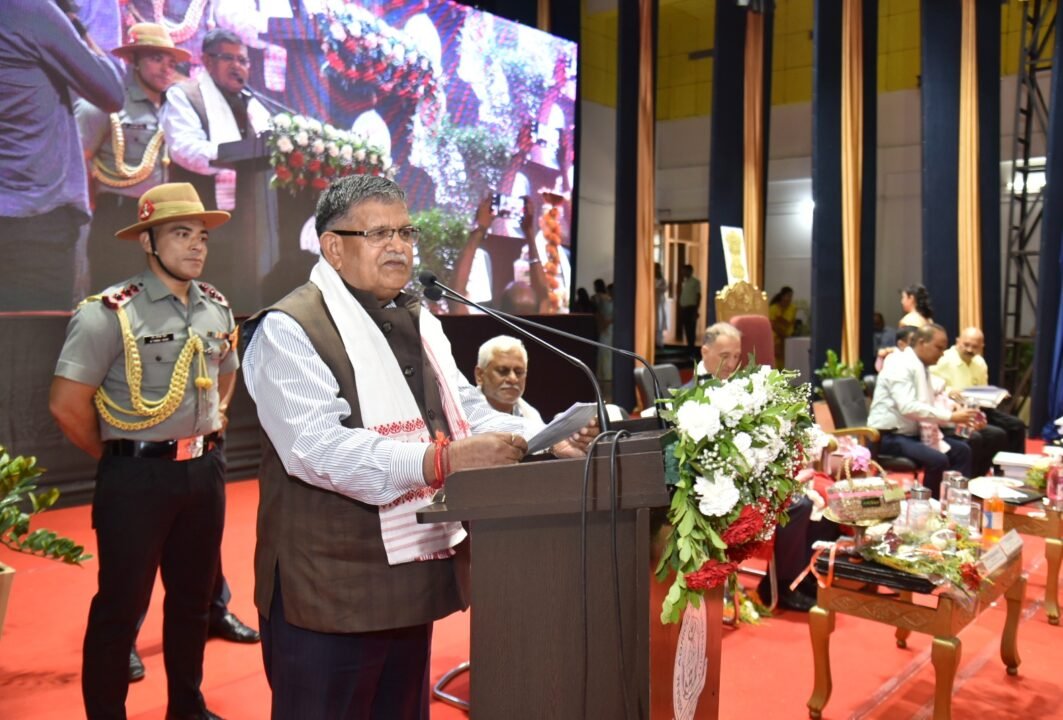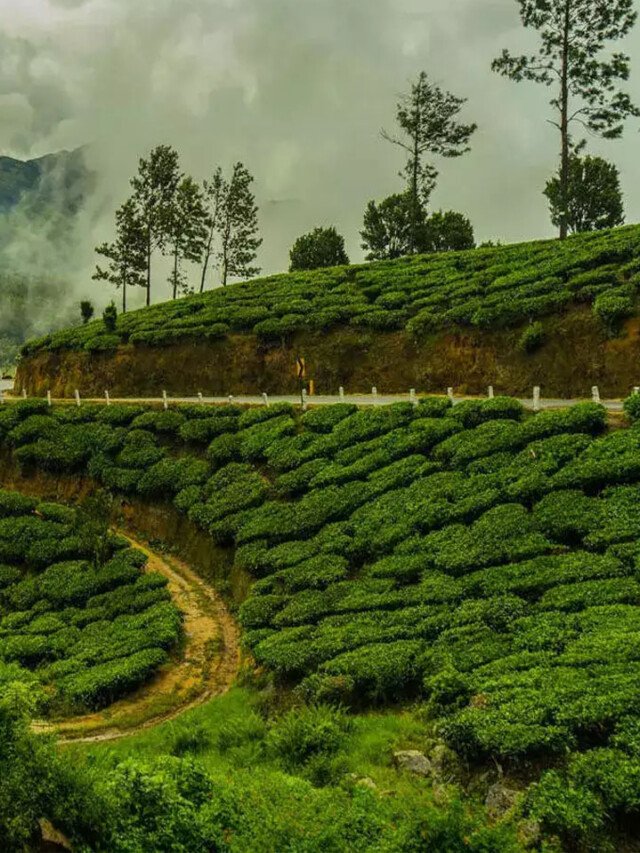HT Correspondent
JORHAT, Feb 13: Assam minister of science, technology and climate change, revenue and disaster management Keshab Mahanta said that climate change was a serious issue faced by the agriculture and allied sectors and required a multi-pronged effort to tackle it.
Mahanta, who was the chief guest at the inaugural ceremony of the three-day ’National Conference on Frontier technologies for weather and climate based decisions in agriculture and allied sectors (AGMET) 2025’ at the Assam Agricultural University (AAU), Jorhat campus, voiced serious concern on increasing climate variability, which he said has emerged as a serious threat in achieving the desired agricultural production.
The minister said that climate change has been altering weather patterns, making them unpredictable with rainfall becoming irregular, temperatures rising, and extreme weather events like floods, droughts, and storms were becoming more frequent.
Stating that scientists have already recorded a global temperature increase of 1.1° Celsius since the pre-industrial period, he said that farmers were experiencing unexpected droughts, untimely heavy rains, and increased pest attacks, all of which threaten food security. “If we do not act now, the agricultural sector will suffer, and millions of people will be affected,…..It is essential that, we work together to develop solutions that can help our farmers adapt to these new challenges,” Mahanta observed.
The minister, while stating that agriculture is the backbone of our nation, providing food to millions and ensuring the livelihood of countless families, said that Assam, with its rich natural resources, fertile land, and diverse climatic conditions, is particularly vulnerable to these changes.
“Our state receives an annual rainfall of around 2300 mm, but recent trends show that the pattern of rainfall is shifting and overall, annual and seasonal rainfall has been decreasing….When it does rain, it is often sudden and intense, leading to floods, soil erosion, and loss of crops” he said.
He further stated that floods damages fields and destroys crops, while prolonged dry spells reduce yields and
erosion was becoming a major issue in many parts of Assam, affecting long-term agricultural productivity and mentioned of landslides triggered by heavy rainfall disrupting transportation and making it difficult for farmers to access markets.
Mentioning about Central Government’s steps initiated to promote smart agriculture, including the Digital Agriculture Mission, which aims to integrate technology into farming practices, Mahanta said that there was need to ensure that farmers in the state have access to these modern tools, so they can overcome the challenges posed by climate change.
He said that the Assam Science Technology and Environment Council (ASTEC) and the department of science, technology, and climate change are already working in this direction and the Government was committed to raising awareness about climate change among government officials, teachers, students, farmers, and the general public.
“We must also encourage agricultural entrepreneurs and start-ups to develop locally relevant solutions, which address the specific needs of our region,” the minister stated.
Mahanta also said that another significant initiative of the Government was the Science, Technology, and Innovation (STI) policy with an aim to serve as a guiding framework for the development of science and technology in the State, with a special focus on agriculture and allied sectors.
The minister said that the policy will encourage research and innovation in agricultural technology, promote climate-smart farming methods, and support start-ups, that have been working on solutions for climate resilience in agriculture,
He added that his department was actively promoting the use of bio-fertilizers among farmers as bio-fertilizers provide a sustainable alternative by improving soil health and enhancing crop resilience against extreme weather conditions.
The AAU vice-chancellor Bidyut Chandan Deka, in his address, said that correct presentation of agro-environment data can give the right information to farmers and it was very important to prepare long-term weather forecast data by using radar through analysis of agro-environment data.
Kamalesh Kumar Singh, who is the president of the Association of Agrometeorologists (AAM) and chairman of AGMET too spoke on the occasion.












